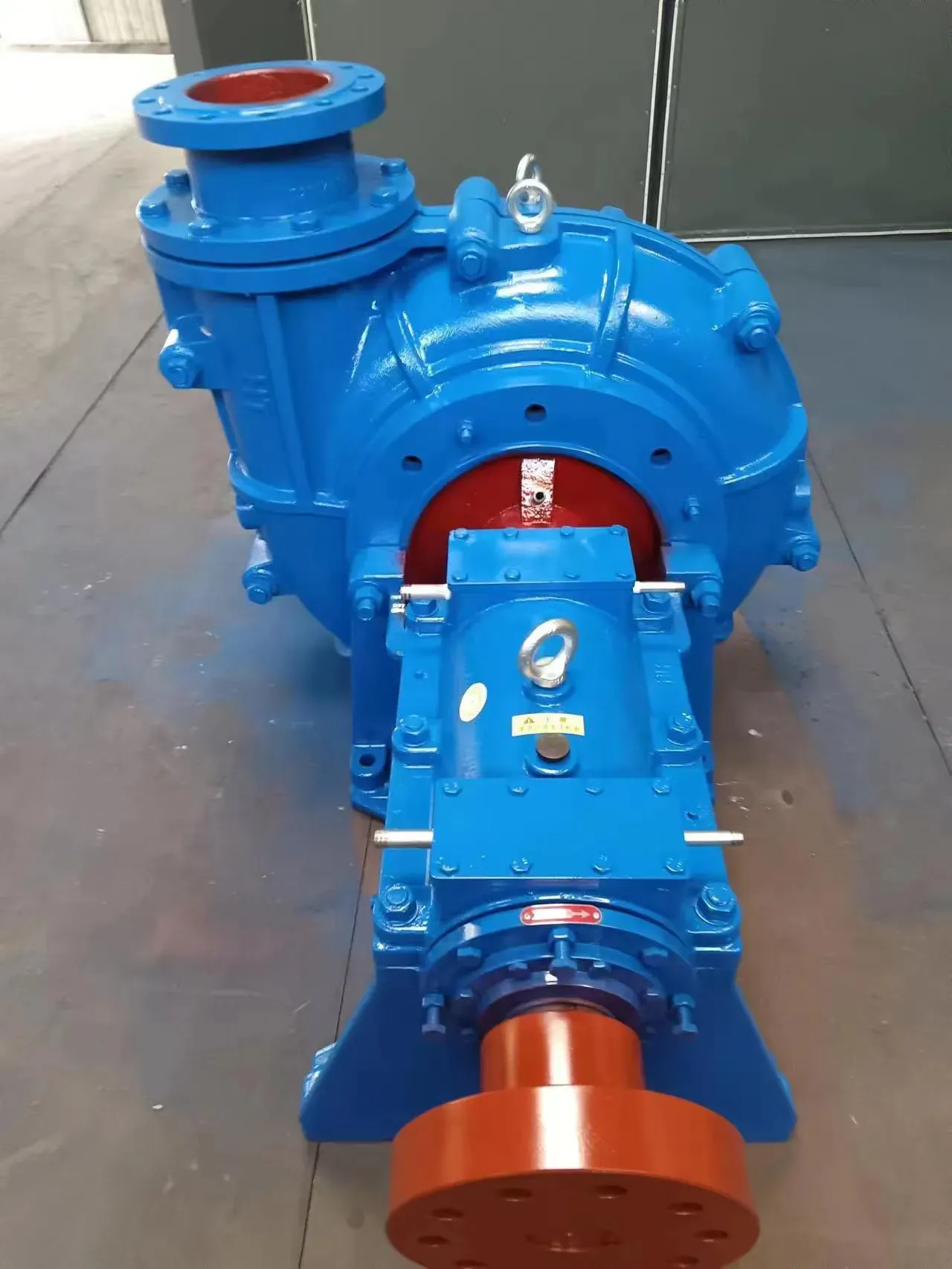Russian
- Afrikaans
- Albanian
- Amharic
- Arabic
- Armenian
- Azerbaijani
- Basque
- Belarusian
- Bengali
- Bosnian
- Bulgarian
- Catalan
- Cebuano
- Corsican
- Croatian
- Czech
- Danish
- Dutch
- English
- Esperanto
- Estonian
- Finnish
- French
- Frisian
- Galician
- Georgian
- German
- Greek
- Gujarati
- Haitian Creole
- hausa
- hawaiian
- Hebrew
- Hindi
- Miao
- Hungarian
- Icelandic
- igbo
- Indonesian
- irish
- Italian
- Japanese
- Javanese
- Kannada
- kazakh
- Khmer
- Rwandese
- Korean
- Kurdish
- Kyrgyz
- Lao
- Latin
- Latvian
- Lithuanian
- Luxembourgish
- Macedonian
- Malgashi
- Malay
- Malayalam
- Maltese
- Maori
- Marathi
- Mongolian
- Myanmar
- Nepali
- Norwegian
- Norwegian
- Occitan
- Pashto
- Persian
- Polish
- Portuguese
- Punjabi
- Romanian
- Russian
- Samoan
- Scottish Gaelic
- Serbian
- Sesotho
- Shona
- Sindhi
- Sinhala
- Slovak
- Slovenian
- Somali
- Spanish
- Sundanese
- Swahili
- Swedish
- Tagalog
- Tajik
- Tamil
- Tatar
- Telugu
- Thai
- Turkish
- Turkmen
- Ukrainian
- Urdu
- Uighur
- Uzbek
- Vietnamese
- Welsh
- Bantu
- Yiddish
- Yoruba
- Zulu
Telephone: +86 13120555503
Email: frank@cypump.com
Ноя . 26, 2024 14:56 Back to list
Guide to Choosing the Best Commercial Submersible Pumps for Your Needs
The Importance of Commercial Submersible Pumps in Various Industries
Submersible pumps have become a vital component in various commercial applications due to their efficiency and versatility. A submersible pump is designed to be submerged underwater, allowing it to pump fluids directly from the source without the need for a traditional surface-mounted pump. This unique design brings numerous advantages, making it an ideal choice for many industries, including construction, agriculture, wastewater management, and more.
How Submersible Pumps Work
A submersible pump operates by using a sealed motor that is hermetically sealed against the fluid being pumped. As the motor spins, it drives an impeller that pushes water or other liquids up through the pump and into the discharge pipe. This direct immersion in the fluid allows for efficient operation, as the pump does not need to create a vacuum to lift the liquid from a lower level.
Applications in Various Industries
1. Construction and Dewatering One of the primary applications of commercial submersible pumps is in construction, particularly during the dewatering process. Construction sites often encounter groundwater that can hinder progress. Submersible pumps effectively remove excess water, keeping the site dry and safe for excavation and foundation work.
2. Wastewater Management In wastewater treatment facilities, submersible pumps play a critical role in transporting sewage and other pollutants to treatment plants. Their ability to handle solid waste makes them suitable for this environment. Moreover, submersible pumps are commonly used in septic systems and sewage lift stations, helping to manage and transport wastewater efficiently.
3. Agricultural Irrigation Agriculture relies heavily on effective irrigation systems, and submersible pumps are commonly utilized to draw water from wells, rivers, and lakes. These pumps can handle varying flow rates and depths, making them perfect for diverse agricultural needs. Farmers rely on submersible pumps to ensure consistent water supply for crops, ensuring higher yields and better quality produce.
4. Industrial Applications Many industries, such as mining and chemical manufacturing, often require efficient fluid transfer solutions. Submersible pumps are used to handle various substances, including sludge, chemicals, and even flammable liquids. Their robust design allows them to work effectively in challenging conditions, reducing downtime and maintenance costs.
commercial submersible pump

Advantages of Submersible Pumps
Submersible pumps come with numerous advantages that enhance their suitability for commercial use
- Efficiency Due to their submerged design, these pumps can operate at a higher efficiency than traditional pumps, reducing energy consumption and costs.
- Space-Saving Design Since submersible pumps are installed underwater, they require less surface space, making them ideal for urban environments or sites with limited space.
- Reduced Noise and Vibration The underwater operation minimizes noise and vibration, which is beneficial in residential areas or sensitive environments.
- Longevity and Durability These pumps are typically constructed with corrosion-resistant materials, enhancing their lifespan and reliability under harsh conditions.
Conclusion
The commercial submersible pump is an indispensable asset across various industries, effectively addressing the challenges of fluid transfer and management. With advancements in technology, these pumps continue to evolve, offering improved performance, energy efficiency, and environmental sustainability. As industries expand and the demand for efficient water management solutions grows, submersible pumps will undoubtedly play a crucial role in meeting these needs, making them a key player in the future of commercial operations. Whether in dewatering, wastewater management, agriculture, or industrial applications, the versatility and efficiency of submersible pumps position them as a cornerstone of modern fluid handling systems.
-
Custom Drilling Mud and Slurry Pump Supplier - High Efficiency, Tailored Solutions
NewsJun.10,2025
-
Supply Vertical Submersible Sewage Pump High-Efficiency WQ/QW Pumps Supplier
NewsJun.10,2025
-
Premium Sewage Ejection System & Pumps Efficient Waste Removal
NewsJun.09,2025
-
Premium Wholesale Slurry Pump Impellers Durable & Efficient Slurry Handling
NewsJun.09,2025
-
Top Sewage Pump Companies Durable Industrial Solutions for Efficiency
NewsJun.09,2025
-
Heavy Duty Slurry Pumps - OEM High Performance & Bulk Wholesale
NewsJun.09,2025










